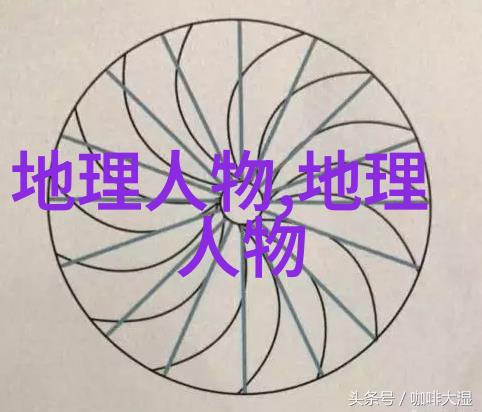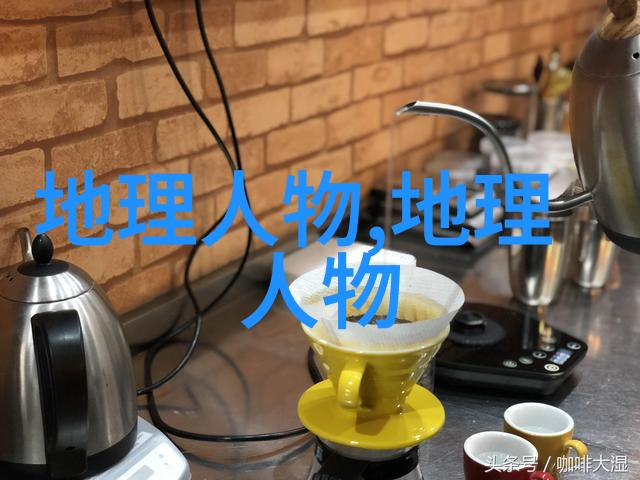水资源作为生态文明建设的重要组成部分,对于保障国家可持续发展具有着不可或缺的作用。在这一背景下,火力发电厂作为用水大户,其对废水的综合利用不仅能够减少取用新鲜水资源,还能降低废水对环境的污染,对构建生态型环境有着积极意义。本文旨在探讨梯级利用技术经济分析,以期寻求既减少了对新鲜水资源的依赖,又减轻了对环境的压力的解决方案。

火电厂主要废水系统
火电厂产生的一系列废水包括循环冷却塔循环冷却系统、辅机循环系统、锅炉补给系统和生活污water等。这些废水根据其特定的工艺流程被分类收集,并通过精确设计的手段实现梯级回用。通过有效地管理和处理这些废water,可以提高能源效率,降低排放量,同时也为企业节约成本,为实现绿色发展提供强有力的支撑。

全厂废water梯级利用设计思路
全factory waste water management plan is designed to maximize the reuse of water resources and minimize the discharge of wastewater into the environment. The strategy involves a series of steps, including pretreatment, primary treatment, secondary treatment, and tertiary treatment.

脱硫waste water处理system详述
脱硫 system plays a crucial role in controlling air pollution by removing sulfur dioxide from flue gas emissions before it enters the atmosphere. However, this process generates large volumes of wastewater that need to be treated before they can be reused or discharged into the environment.

The paper presents an overview of various membrane technologies used for desulfurization wastewater treatment, including electrochemical methods like electrodialysis (ED) and nanofiltration (NF), as well as thermal processes such as multi-effect distillation (MED) and vapor compression evaporation (MVR). The authors also discuss recent advances in membrane technology that enable more efficient separation and concentration of salts from wastewaters.
In conclusion, this study demonstrates how advanced membrane technologies can help reduce energy consumption while improving effluent quality through efficient removal of contaminants like dissolved solids and suspended particles. By optimizing these technologies for specific applications in power plants' desulfurization processes

标签: 地理人物



